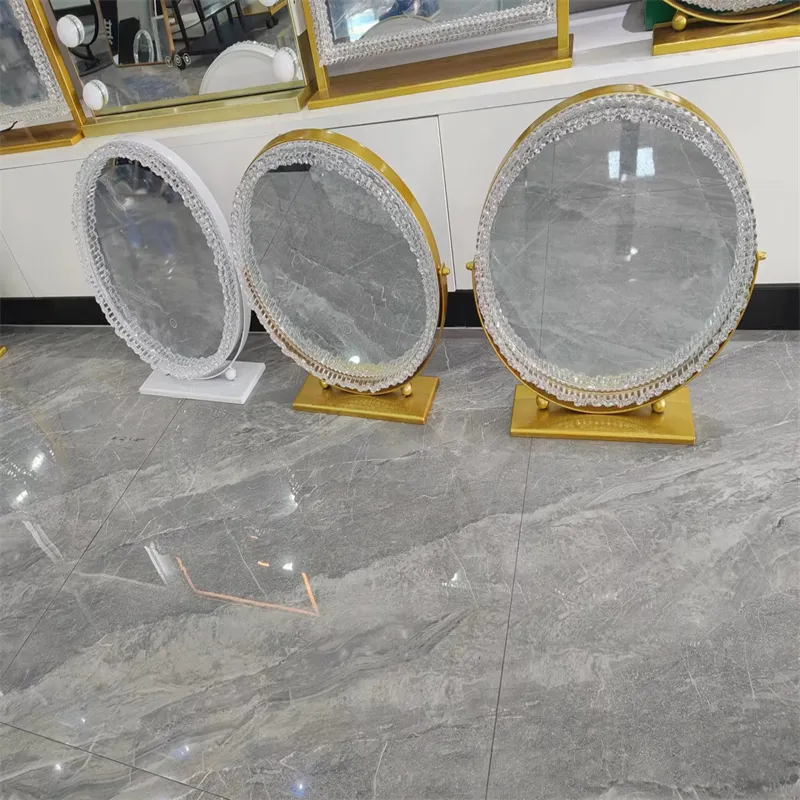Sep . 01, 2024 19:06 Back to list
Insulated Window Panels | Energy-Efficient Window Solutions
The Advantages of Insulated Window Panels
In the pursuit of energy efficiency and enhanced comfort in our homes, insulated window panels have emerged as a popular solution for homeowners looking to optimize their living spaces. These innovative panels are designed to reduce heat loss during the winter and minimize heat gain during the summer, leading to significant benefits in both energy consumption and overall comfort.
One of the primary advantages of insulated window panels is their ability to improve thermal insulation. Traditional single-pane windows can be a major source of energy loss, often allowing heat to escape in cold weather and enter during warmer months. Insulated window panels, on the other hand, typically consist of two or more layers of glass with a gas-filled space in between, which serves as a barrier to heat flow. This construction significantly enhances the insulation properties, making homes more energy-efficient.
Moreover, using insulated window panels can lead to substantial savings on energy bills. Heating and cooling account for a large portion of household energy expenditures, and by reducing the workload on HVAC systems, insulated panels can help lower these costs. Homeowners can expect to see a return on their investment over time, as reduced energy consumption translates into lower utility bills. In many cases, the initial costs associated with installing insulated windows can be offset by the long-term savings.
In addition to energy savings, insulated window panels also contribute to improved comfort within the home. By maintaining a more stable indoor temperature, these windows help eliminate drafts and cold spots, creating a more pleasant living environment. This level of comfort is particularly important in regions with extreme weather conditions, where temperature fluctuations can be particularly pronounced.
insulated window panels

Beyond energy efficiency and comfort, insulated window panels offer additional benefits, such as noise reduction. The multi-layer construction of insulated windows also acts as a barrier against external sounds, making indoor spaces quieter and more serene. This is especially beneficial for homes located in busy urban areas or near highways, where noise can be a significant nuisance.
Furthermore, insulated window panels often come with additional features such as low-emissivity (low-E) coatings, which reflect heat while allowing natural light to enter. This not only enhances energy efficiency but also ensures that interior spaces are well-lit without the need for excessive artificial lighting. Additionally, many insulated windows are designed to filter out harmful UV rays, protecting furnishings, flooring, and artwork from fading.
Lastly, the aesthetics of insulated window panels should not be overlooked. They are available in various styles, designs, and frame materials, allowing homeowners to choose options that complement their home’s architecture. This ensures that energy efficiency does not come at the expense of visual appeal.
In conclusion, insulated window panels are a practical investment for any homeowner looking to improve energy efficiency, reduce energy costs, and enhance comfort. With their many benefits—including improved insulation, noise reduction, and aesthetic versatility—these windows represent a smart choice for modern living. As the emphasis on sustainable and energy-efficient solutions continues to grow, insulated window panels are poised to remain a key feature in the homes of the future.
-
Safety and Style with Premium Laminated Glass Solutions
NewsJun.24,2025
-
Reinvents Security with Premium Wired Glass
NewsJun.24,2025
-
Premium Float Glass Line for Modern Architecture
NewsJun.24,2025
-
Low Emissivity Glass for Energy-Efficient Architecture
NewsJun.24,2025
-
High-Performance Insulated Glass Solutions for Modern Architecture
NewsJun.24,2025
-
Elevates Interior Style with Premium Silver Mirror
NewsJun.24,2025
Related PRODUCTS














